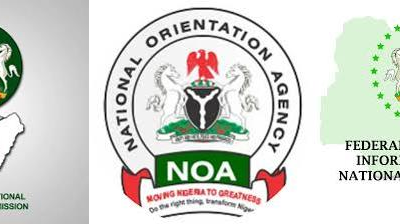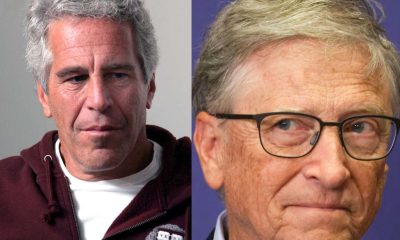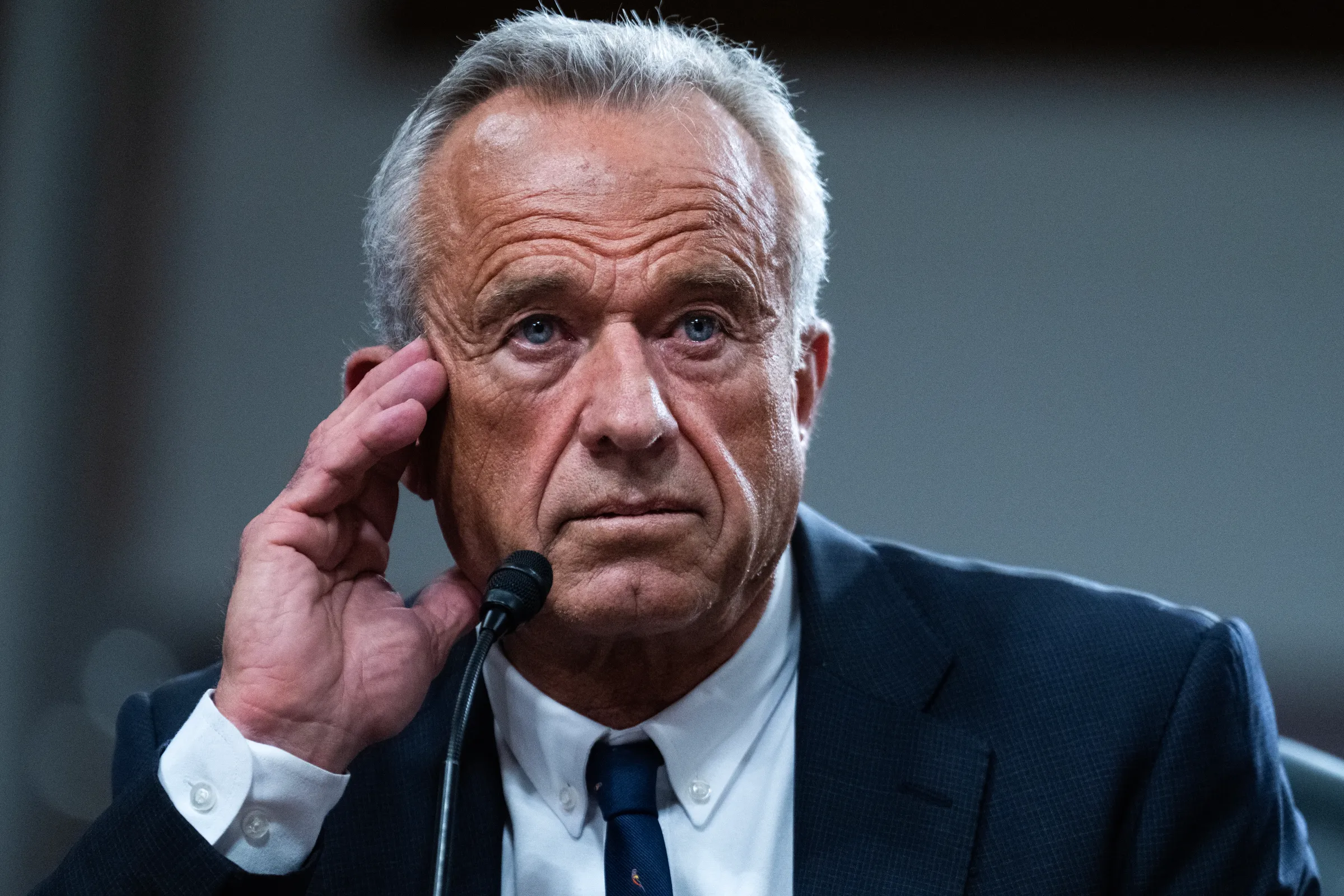The U.S. Senate has confirmed Robert F. Kennedy Jr. as the new Secretary of Health and Human Services (HHS), granting the outspoken vaccine skeptic and environmental lawyer oversight of the nation’s healthcare and food regulatory systems.
The confirmation, which passed by a narrow 52-48 vote on Thursday, solidifies Kennedy’s position at the helm of key federal health agencies, including the Food and Drug Administration (FDA), the Centers for Disease Control and Prevention (CDC), and the National Institutes of Health (NIH).
Kennedy, 71, has long been known for his skepticism toward vaccines and his criticism of pharmaceutical companies. His appointment, championed by President Donald Trump, has sparked widespread debate among medical professionals and public health officials, many of whom have raised concerns about his past statements that undermine trust in vaccines.
Senate Divided Over Kennedy’s Views on Vaccines
Senate Minority Leader Mitch McConnell (R-Ky.), a childhood polio survivor, was among those who voted against Kennedy’s confirmation. Citing his personal experience and decades of scientific research, McConnell criticized Kennedy for promoting “dangerous conspiracy theories” and failing to affirm the life-saving role of vaccines.
“I will not condone the re-litigation of proven cures, and neither will millions of Americans who credit their survival and quality of life to scientific miracles,” McConnell said. “The administration deserves a leader who acknowledges, without qualification, the efficacy of vaccines.”
Despite these concerns, several Republican senators, including Sen. Bill Cassidy (R-La.), a former physician and chairman of the Senate Committee on Health, Education, Labor, and Pensions, ultimately supported Kennedy. Cassidy stated that he had received “serious commitments” from both Kennedy and the White House that influenced his decision.
Kennedy’s Mission: Taking on ‘Big Pharma’ and Ultra-Processed Foods
During his confirmation hearing, Kennedy framed his appointment as an opportunity to challenge pharmaceutical industry influence over federal health policy and to address rising chronic disease rates in the U.S. He vowed to implement stricter regulations on food additives and chemicals, many of which are banned in other countries.
“I will reorient federal health agencies toward chronic disease prevention and rid them of Big Pharma’s influence,” Kennedy declared. His campaign, dubbed “Make America Healthy Again,” has gained traction among parents concerned about food additives, earning him a loyal following known as the “MAHA Moms.”
President Trump, who nominated Kennedy, has expressed enthusiasm for his pick, stating that he will allow Kennedy to “go wild” in reshaping health and food policies.
A Controversial Figure with a Legacy of Political Tragedy
Kennedy’s confirmation adds another chapter to the storied legacy of the Kennedy political dynasty. He is the son of Robert F. Kennedy, a former U.S. senator and attorney general, who was assassinated in 1968 while running for president. His uncle, President John F. Kennedy, was assassinated in 1963.
While Kennedy has built a career as an environmental lawyer, his foray into health policy has been met with significant controversy.
He has made numerous claims that have been widely debunked by scientific experts, including false assertions linking vaccines to autism, suggesting Wi-Fi causes cancer, and alleging that fluoride in public water systems lowers IQ levels.
Despite the backlash, Kennedy insists he is not “anti-vaccine” but rather “pro-safety.” “I worked for 40 years to raise awareness about mercury and other toxins in fish, and nobody called me anti-fish,” he argued during his confirmation hearing.
What’s Next for HHS Under Kennedy’s Leadership?
As he assumes control of the Department of Health and Human Services, Kennedy faces an uphill battle to earn the trust of the medical community and the broader public. With the authority to shape federal health policy, his tenure is expected to bring significant shifts in the approach to vaccine policy, pharmaceutical regulation, and food safety standards.
His supporters see his appointment as a long-overdue challenge to corporate influence in healthcare, while critics worry that his controversial views could erode confidence in established medical science.
With his confirmation secured, all eyes will be on Kennedy as he begins his tenure as the nation’s top health official, navigating one of the most consequential and scrutinized roles in the federal government.

 Comments and Issues7 days ago
Comments and Issues7 days ago
 Education1 week ago
Education1 week ago
 Comments and Issues1 week ago
Comments and Issues1 week ago
 Energy1 week ago
Energy1 week ago
 Comments and Issues6 days ago
Comments and Issues6 days ago
 Comments and Issues6 days ago
Comments and Issues6 days ago
 Football1 week ago
Football1 week ago
 Health5 days ago
Health5 days ago

